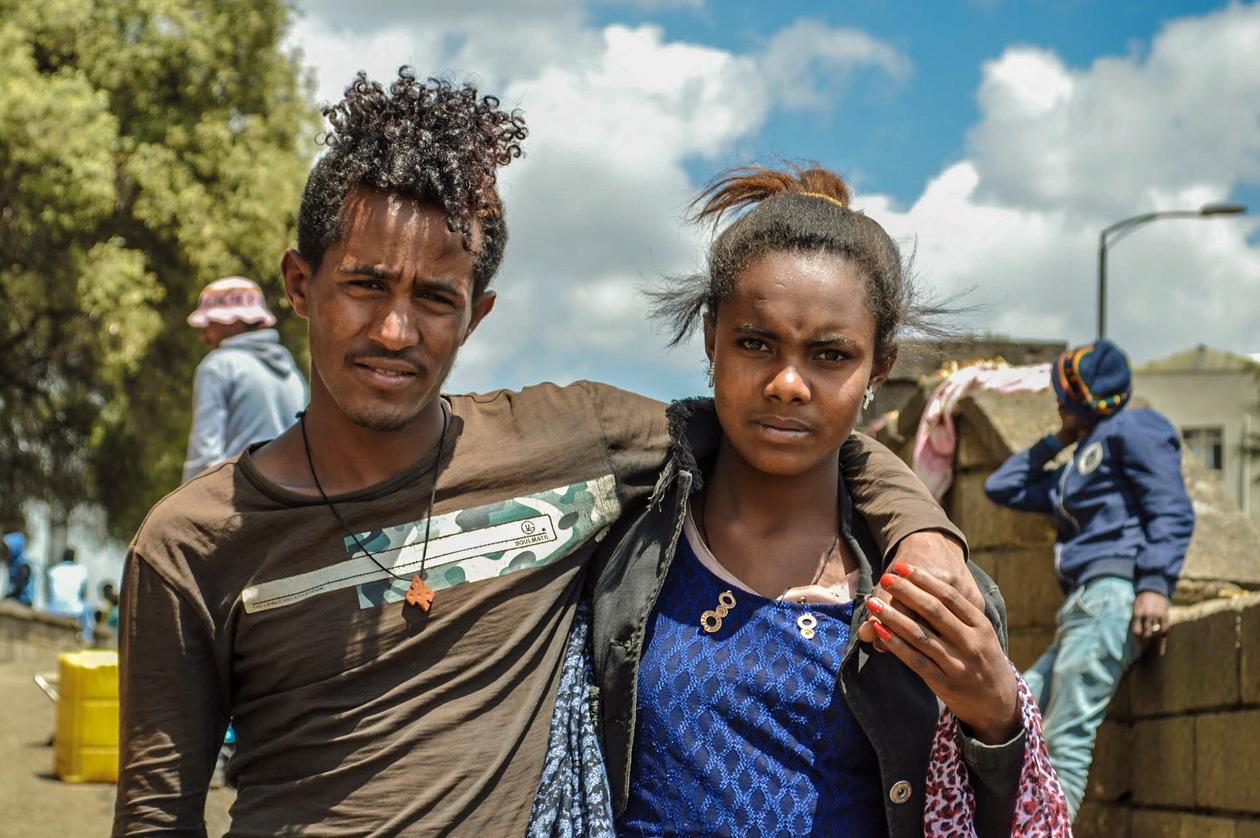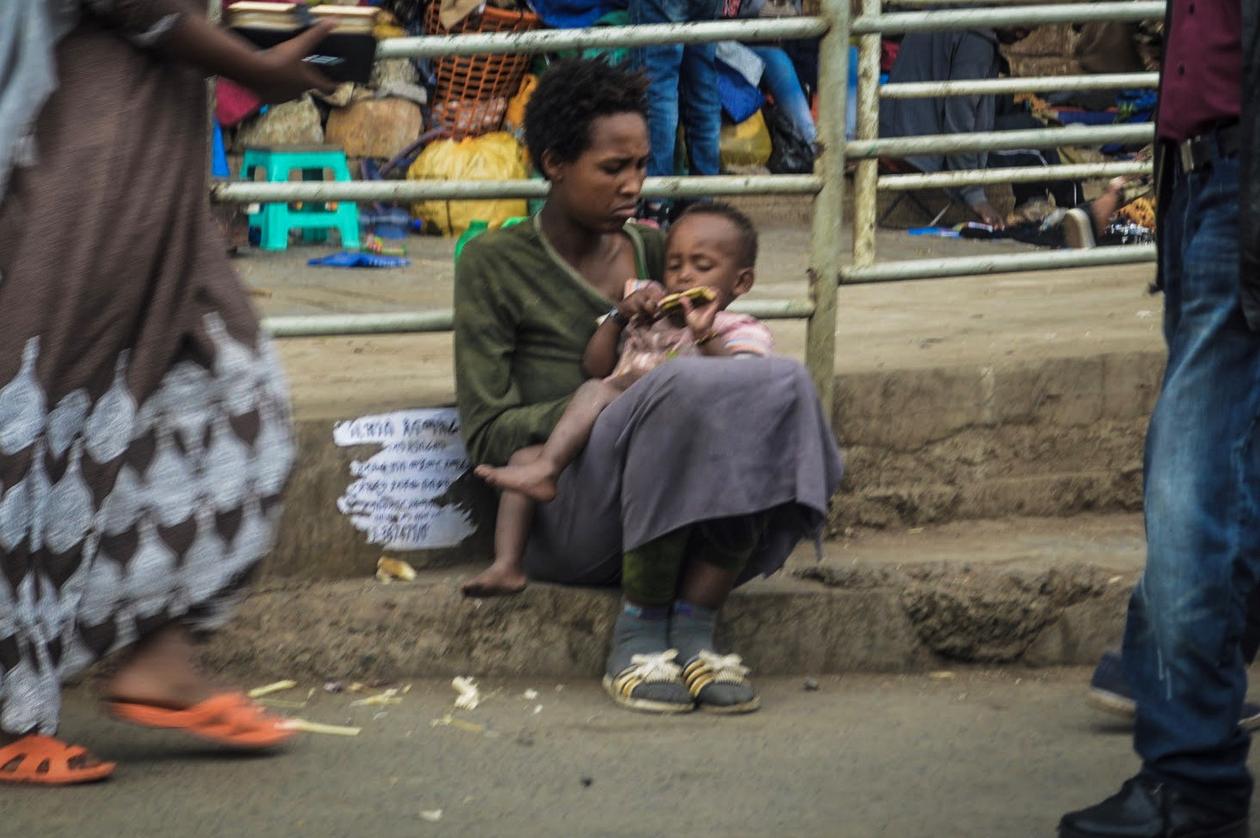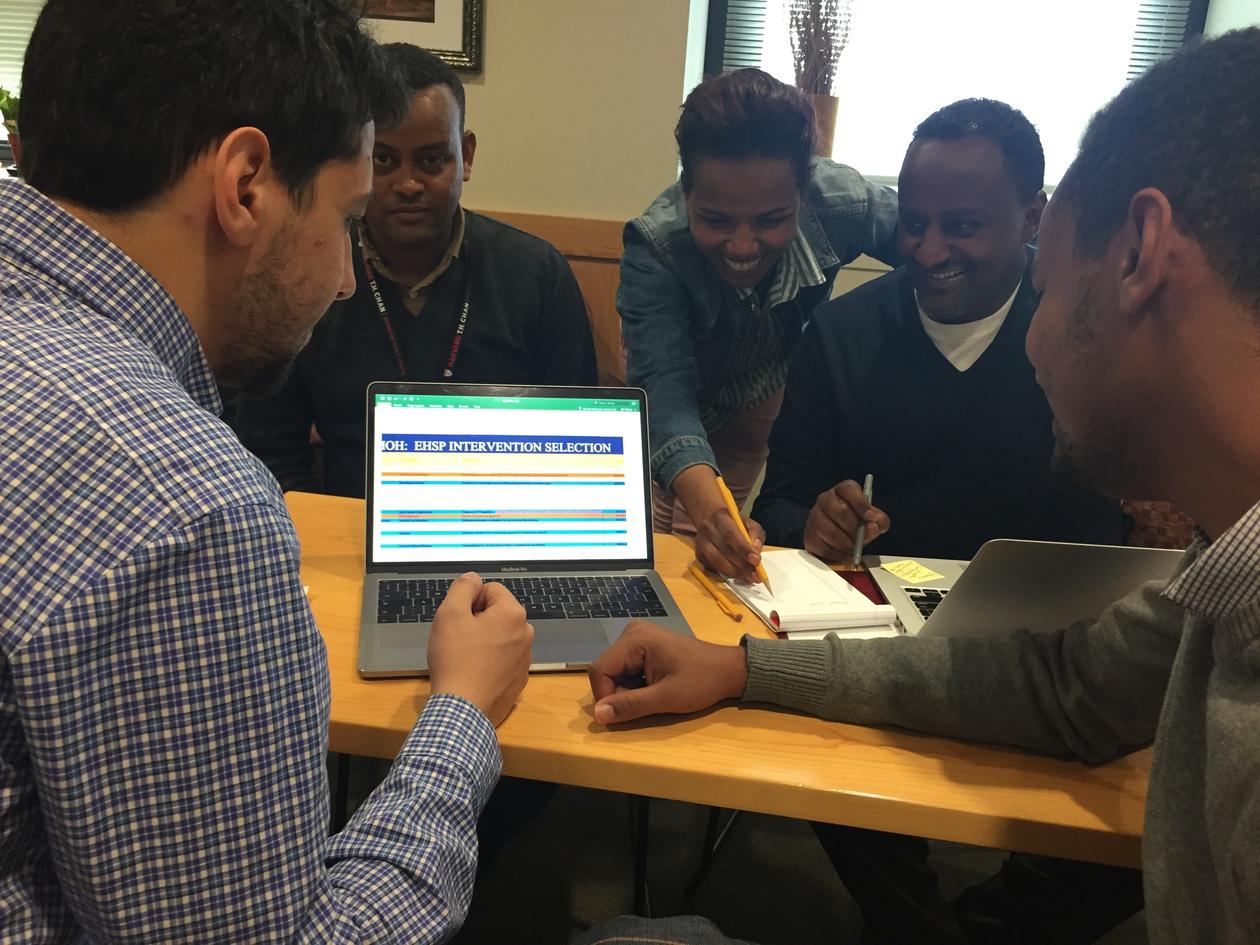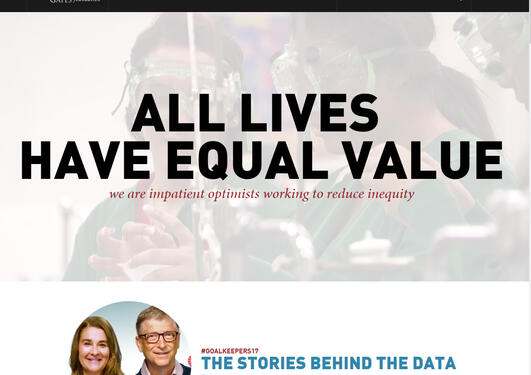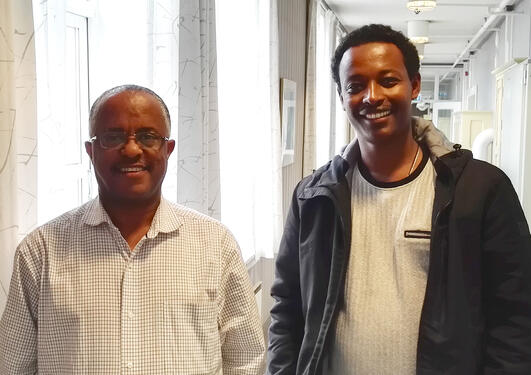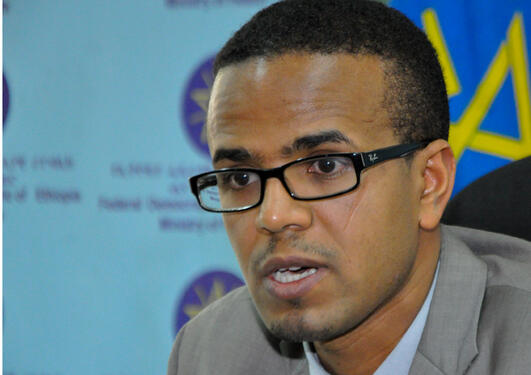Discussed Ethiopia´s health services at Harvard
A group of central researchers in the Gates funded project “Disease Control Priorities Ethiopia” (DCP-E) gathered at Harvard T.H. Chan School of Public Health to discuss the revision of Ethiopia's publicly funded health services package.

Main content
With a limited budget, what kind of health services and interventions should the Ethiopian government prioritize when scaling up health care? What does evidence say about which services are cost-effective, equity promoting and with the potential to protect the poor against catastrophic health expenditures? And how should these criteria be weighed against each other? At current stage of the project these are some of the core questions that need further evidence and explorations.
Advice that can save lives, promote equity and relief poverty
Ethiopia has been providing an Essential Health Services Package since 2005, consisting of a set of essential services offered to the public (referred to as EHSP). However, the country has developed, and so has the demand and need for health care, but the package has stayed the same for 14 years.
A revision has been initiated by the Ministry of Health, currently under the leadership of Dr. Amir Aman. The main goal with the revision is to expand the number of services funded by the state and in this way made accessible for a larger part of the population. The DCP-E project, together with WHO and other partners, plays a key role in making this happen – and to make it happen in the best way possible. The overall goal is to achieve Universal Health Coverage (UHC), a goal Ethiopia has committed to.
The goal of DCP-E is to build a solid scientific foundation that can serve as a platform to inform decisions. The researchers will take into account medical evidence on effectiveness, economics, and ethics when representing suggested health services accessible to the Ethiopian population.

What’s in, what’s out?
Starting with more than 1700 potential interventions across different categories of diseases and population groups, this is a though competition of making it to the final package. The interventions will have to pass the test of cost-effectiveness, and also prove the desired impact on equity and protection of the poor against catastrophic expenses. The “cleaning process” is a highly demanding task of revealing inconsistencies, cross checking with different sources and identifying which services are essential. “I have never seen any country do such an extensive work on ranking the services in this way before, and it's impressive to see how the ministry owns the process”, says Ole F. Norheim, professor in medical ethics and project leader.
I have never seen any country do such an extensive work on ranking the services this way before.
Along this, every aspect of prioritization has to be discussed in dept. Take for example how one should take into account equity. Who are the worst off, and by which factors should they be defined? There is so many things to take into account: age, financial situation, rural populations and diseases that by nature are affecting the poor to a higher degree. And for cost effectiveness, services that have proven to be so in one country must be adapted to the Ethiopian setting. Will they prove just as effective there?
“Just look at the world today, equity is clearly one of the most important issues to prioritize alongside value for money”, says Stephane Verguet, Associate professor at Harvard, (co-leading the project together with Norheim).
Just look at the world today, equity is clearly one of the most important issues to prioritize.

A complex process – owned by the ministry and with input from key stakeholders
It is not only the process of selecting the interventions that is demanding, the methodology of the process in itself is everything but arbitrary. It consists of no less than eight comprehensive steps: defining the scope, identifying all potential services, setting the criteria and synthesizing the evidence before comparing and doing final selections of what to include – followed by estimations of the total costs and analysis of what the fiscal space will allow for. The involvement of stakeholders during the process is crucial:
“It is very important to secure transparency along the way to ensure ownership by all stakeholders involved and affected by this revision”, says PhD candidate Getachew T. Eregata, who have studied this process in dept.
The final product and the process behind it is not only relevant for Ethiopia, it can also serve as an example for other African countries.

